SkySafe’s Research Reveals Drone Industry’s Lack of Preparedness for Remote ID Implementation
In a recent study conducted by SkySafe, a leading drone tracking data and intelligence company, it was discovered that five out of seven drone manufacturers will not be Remote ID compliant by the Federal Aviation Administration’s (FAA) deadline on March 16, 2024. This lack of readiness raises concerns about airspace management, safety, and the enforcement of the Remote ID rule.
The FAA’s Remote ID rule, initially set to take effect in September 2023, was extended to March 16, 2024, to give manufacturers and operators more time to prepare. The rule requires drones weighing over 250 grams to broadcast identifying and positional information while in flight. Drone operators who fail to comply by the deadline may face fines and the suspension or revocation of their pilot certificates.
READ MORE: FAA REMOTE ID FOR DRONES KICKS IN TOMORROW!
Remote ID is often compared to a digital license plate, providing a means for public safety and other authorized officials to identify the owner of a small unmanned aircraft system (sUAS) if it is flying in an unsafe manner or in a restricted area. With over 1 million drones registered in the United States and nearly 3.5 million total drones currently in use, the ability to differentiate authorized drones from potential threats is crucial.
SkySafe’s research team investigated the implementation of standard Remote ID drones across seven manufacturers: DJI, Skydio, Autel, Parrot, Swellpro, EXO, and Yuneec. The team found significant inconsistencies in implementing the FAA-required specifications outlined in ASTM F3411 – 22a, “Standard Specification for Remote ID and Tracking.”
Skydio is Remote ID Ready
Only Skydio, an American drone company, has properly implemented standard Remote ID technology in its current fleet models. Skydio’s implementation earned a “Fully Ready” grade due to its accurate and robust implementation, which includes the use of compliant serial numbers and prohibiting users from disabling Remote ID broadcasts in its mobile app.
Other manufacturers, however, fell short. DJI received a “Minor Issues” grade, while Parrot received a “Needs Improvement” grade. Autel was given a “Major Flaws” grade, and SwellPro, EXO, and Yuneec received “Not Compliant” grades.
The lack of Remote ID readiness among drone manufacturers raises questions about accountability and culpability. Who is at fault if a pilot is found to be operating a standard Remote ID drone that doesn’t follow the required specifications? Who will hold manufacturers responsible for implementations that do not comply with the ASTM standard for Remote ID?
As the March 16 deadline approaches, SkySafe’s research highlights the need for accountability in adhering to standards. SkySafe plans to share Remote ID data with the FAA to help monitor the program beyond the deadline. Drone manufacturers must revisit their efforts around Remote ID implementation to ensure pilots can operate their drones safely and compliantly.
In conclusion, the Drone Industry must embrace a culture of responsiveness around industry standards to safeguard both innovation and safety in the ever-evolving landscape of sUAS technology.
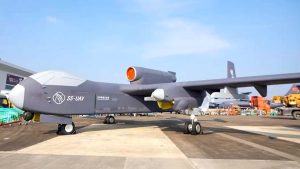
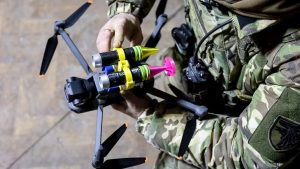

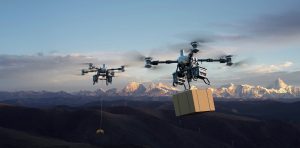
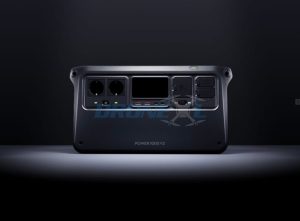



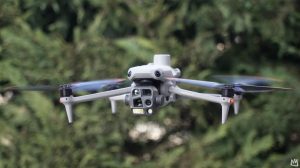
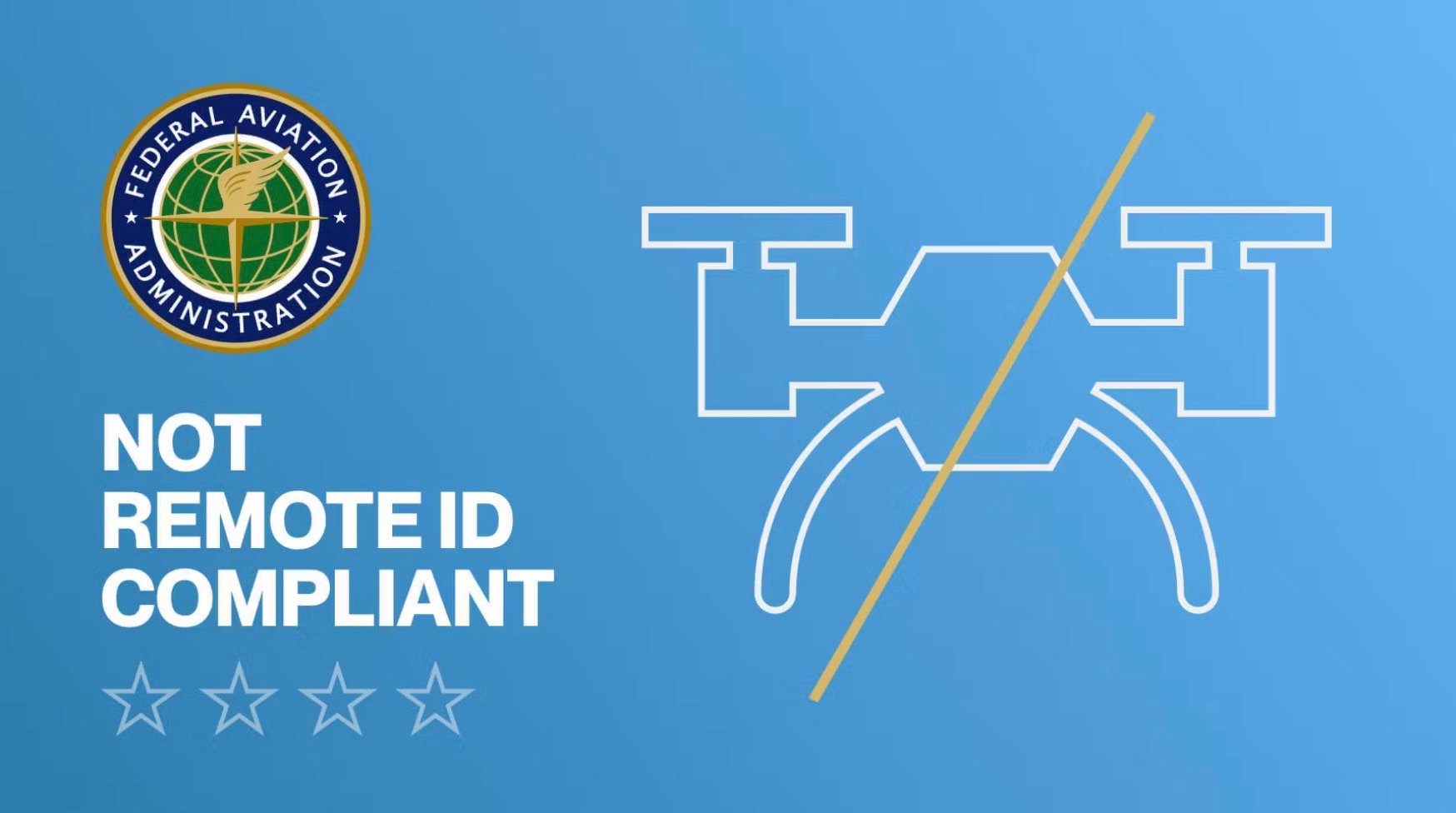

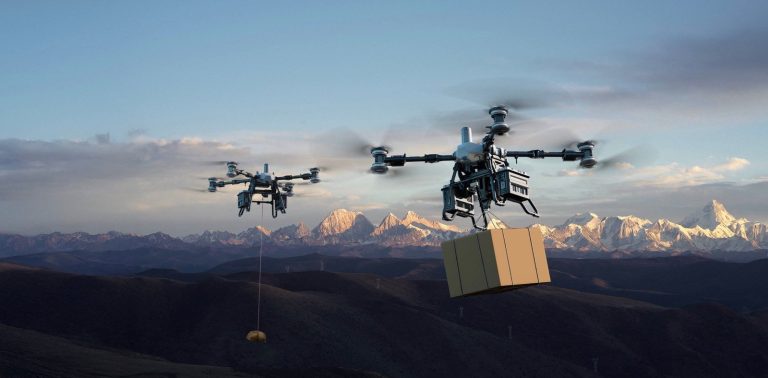
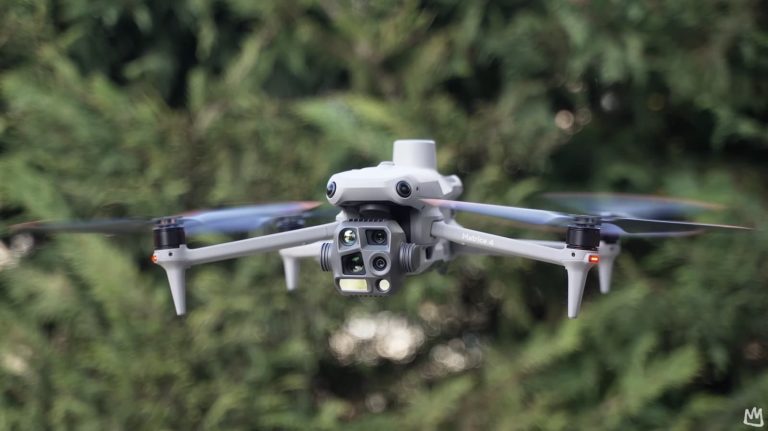
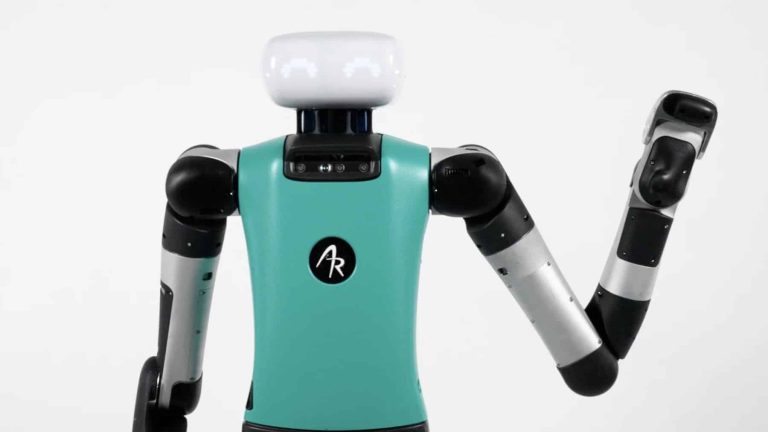
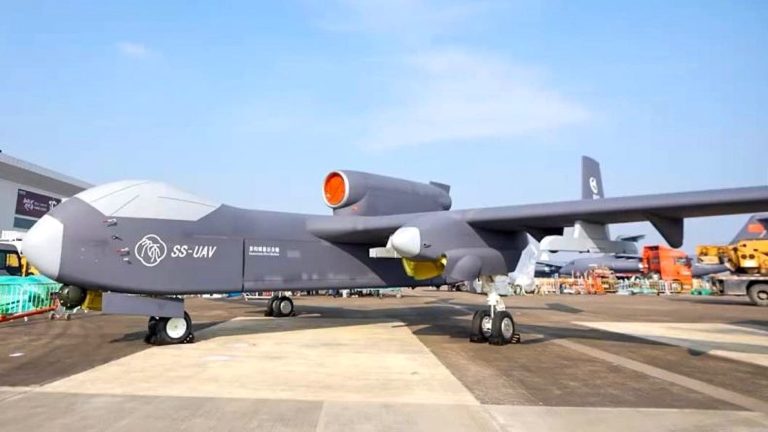



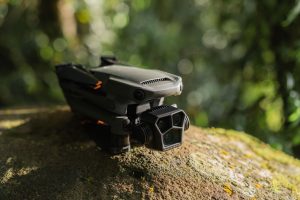




+ There are no comments
Add yours